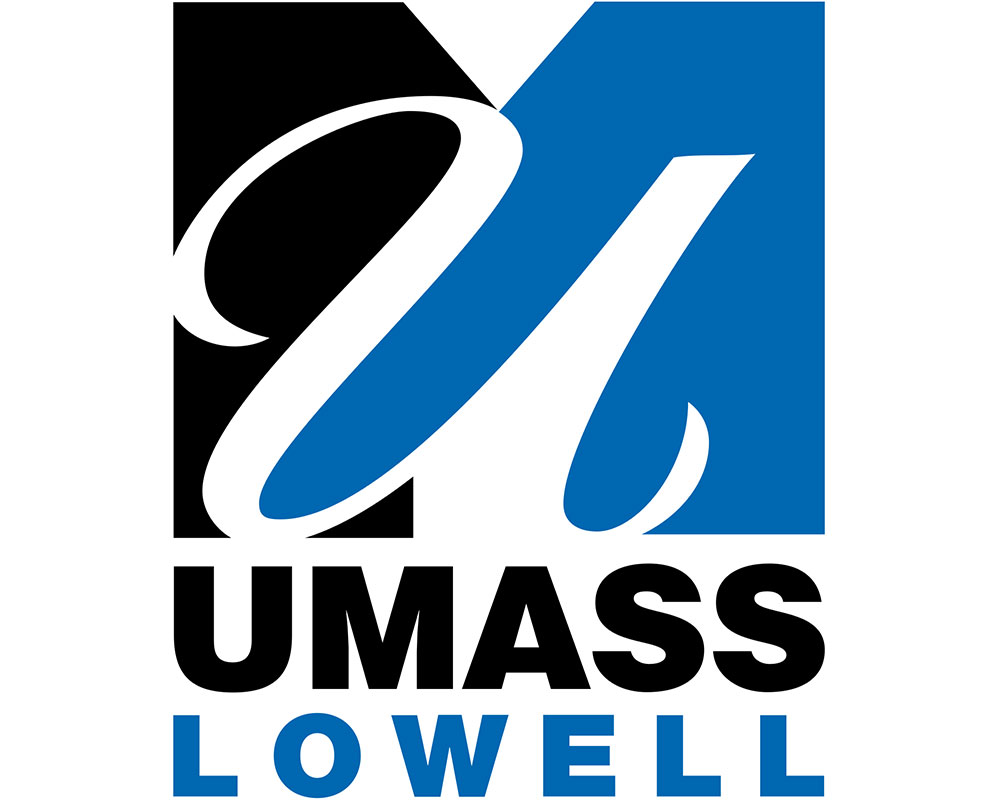A team of UMass Lowell students working to avert deaths from asthma attacks have proposed an oxygen-sensing device called Catnap—a project that won the ninth annual UMass Lowell DifferenceMaker Francis College of Engineering Prototyping Competition.
More than 25 million Americans have asthma, including nearly two million children under the age of 12, according to the Centers for Disease Control and Prevention. In 2020, more than 4,000 people in the U.S. died from asthma attacks. Children who suffer an asthma attack while sleeping are particularly vulnerable, as their parents may not know they’re in distress.
Biomedical engineering majors including Fritznere Brutus, Khadija El Hadad, Majd Elhachem and Matheus Fonseca earned the first-place prize of $2,500 and will automatically advance to April’s preliminary pitch-off for the DifferenceMaker $50K Idea Challenge. A first-year student from Andover, Elhachem was inspired to create the device after learning that his great grandfather died from a nocturnal asthma attack.
“It feels amazing to see our hard work and determination pay off,” said Elhachem, who celebrated with teammates after accepting the first-place check.
Team Catnap will use their winnings to develop the prototype for their device, which features a blood oxygen saturation monitor that goes around a child’s toe. The monitor connects by wire to an ankle band, which would send an alert to a parent’s phone or smart device, such as an Amazon Alexa, if it senses a drop in the child’s blood oxygen levels.
“It’s amazing to me that that’s not already out there on the market,” said Mark Saab, who judged the final round with fellow engineering alumni Chad LaFrance, Greg Sydney and Mike Rider. “I’ve judged a lot of these competitions,” Saab added, “and I thought this year we probably saw the largest number of really good projects that could all potentially make it to the market.”
Twenty-two teams applied for this year’s Prototyping Competition, which challenges students to turn an idea into an actual product, whether it’s a mechanical device, software application or integrated system. After two hours of poster presentations to nine preliminary-round judges, six teams advanced to the finals, where they had five minutes to pitch their product.
Mechanical engineering majors Quin Long Liang and Aalap Patel took second place (and $1,500) for Solar Sails, a network of autonomous, solar-powered drones that could fly for weeks and be used by the U.S. Coast Guard and U.S. Customs and Border Protection.
“It’s incredible that I can have this opportunity as a freshman—and that it might turn into something,” said Liang, who is head of manufacturing for the Design, Build, Fly Club and a member of the Drone Club. “It’s actually hitting a market need that’s super-important.”
RehaBand, an adjustable resistance band that a person can wear to recover from muscle atrophy, finished in third place and won $1,000. The team includes biomedical engineering majors Alexa DeVito, Maria Ferreira, Helen Kham, Timothy Roach and Ardon Zibel.
The $500 Fan Favorite award went to the Project Poseidon team of Abdullah Jasim, Dylan Cormier, Abdelsalam Abutabikh, Amr Elkordy, Jeswin Jees, Jessica Borst, Charlie Kenny and Mustafa Al Hado.
